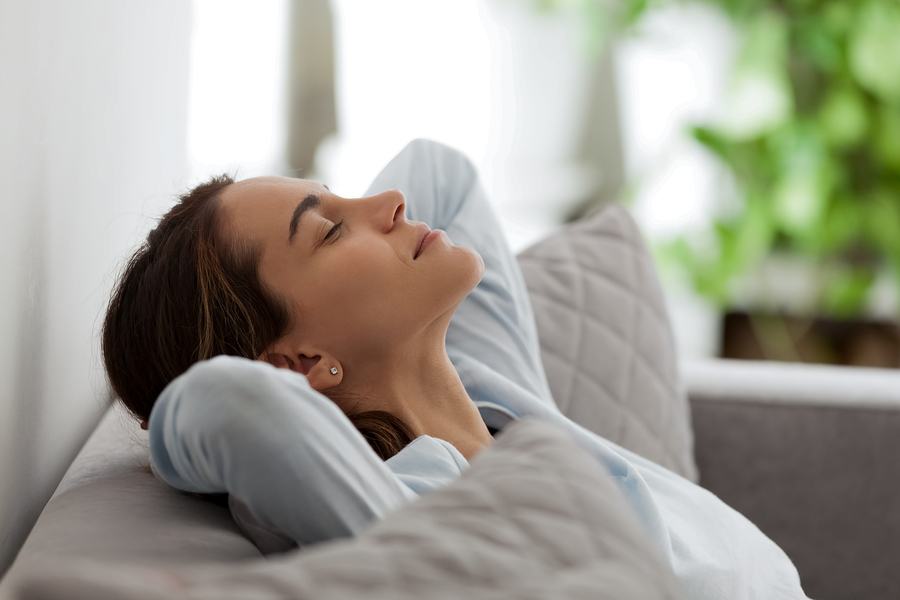
The last two decades have witnessed a surge in breathing-related interventions for pain- and anxiety-related disorders, as well as for diseases of the gut, heart, and brain. The more doctors explore breathing as a form of illness prevention and therapy, the more they turn up evidence of its importance.
In 2018 Harvard published an article about the benefits of using breathing to combat stress.
Stress is a fact of life and when we experience normal levels of stress, the stress response helps us rise to many challenges.
However, when you experience constant stress (both low and high levels of stress) health problems can result.
A prime example is high blood pressure, a major risk factor for heart disease. Constant stress also suppresses your immune system, making you more susceptible to colds and other more serious illnesses.
Continued stress can contribute to anxiety and depression.
Breathing is a way to develop healthier ways of responding to them. In the 1970s Harvard Medical School cardiologist Dr. Herbert Benson developed the relaxation response.
The relaxation response is a state of rest that can be accomplished in many ways, including meditation, yoga, and progressive muscle relaxation. Breathing is a integral part of these practices.
Slow, deep breathing seems to counteract all of these stress-triggered events and makes it possible for us to start to relax…
While a single breath is helpful research shows that breathing at a rate of around five breaths per minute for anywhere from 30 seconds to 15 minutes is an effective way to calm down and turn off your stress.
Next time you feel overwhelmed, find a quiet spot, practice breathing and start paying attention to your breathing.
See how your body starts to change and experiment by modifying your breathing and how much of that can help you find more calm in your day.


